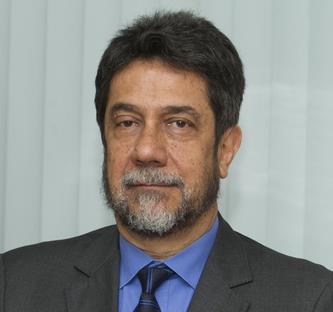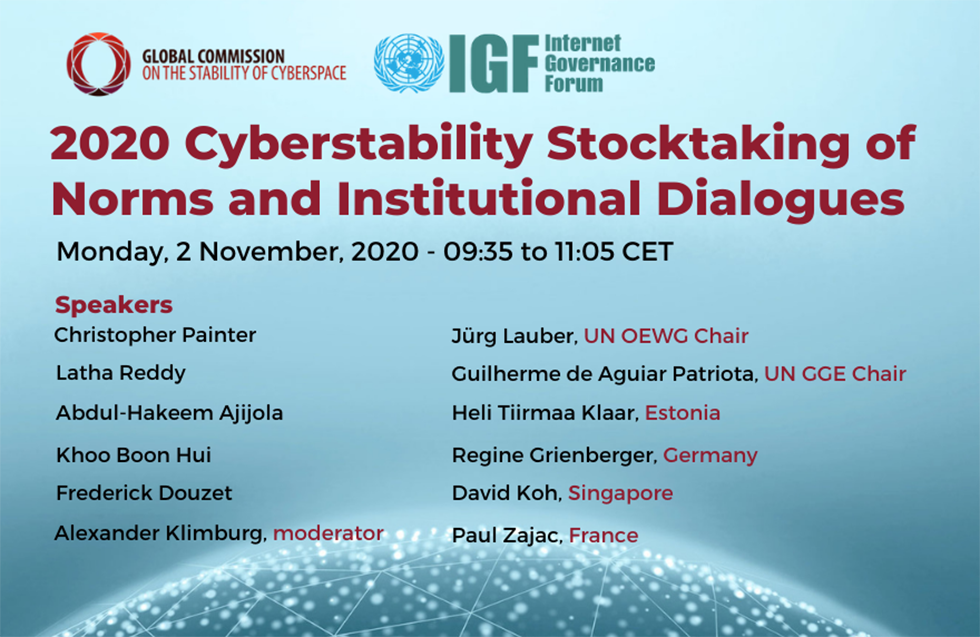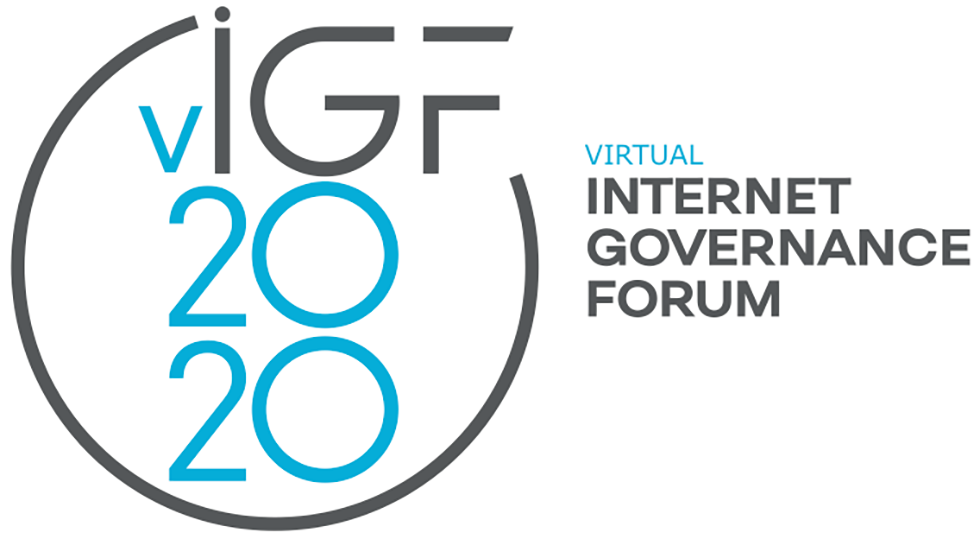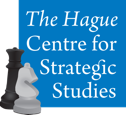This article by Teresa Sanches was published by Universidade Federal de Minas Gerais on 16 December 2019
(Translated with Google Translate – read the original article in Portuguese here)
Professor Emeritus of UFMG Virgílio Almeida presented to the UN a report with six main recommendations for governments and civil society.
The distance between the real world and the virtual world is getting smaller: more than half of the world population and two thirds of the Brazilian population are connected to the Internet for daily activities. Stability in this cyberspace has become a worldwide concern and motivated the production of the report Advancing Cyberstability, presented by Professor Emeritus of UFMG Virgílio Almeida during the last meeting of the United Nations Open Working Group (OEWG), in early December, at the UN headquarters in New York.
Launched on November 12, during the Peace Forum in Paris, the report proposes eight norms, which, according to Professor Virgílio Almeida, “are not legally binding, but are behavioral patterns capable of promoting stability in cyberspace”. This stability should provide, according to the professor, that every user feels reasonably confident to safely move through this online world. “The integrity and availability of the services and information offered must be assured, and changes must be made in relative peace so as not to escalate tensions,” he adds.
Among the eight proposed norms, Virgílio Almeida highlights the protection of the public core of the Internet, which connects all people. The norm on the subject states that “state and non-state actors shall not conduct, or knowingly permit, activities that intentionally and substantially damage the general availability or integrity of the public core of the Internet, and thus the stability of cyberspace.”
Retired Professor at the Department of Computer Science (DCC) at UFMG and an associate at Harvard University’s Berkman Klein Center, Virgílio Almeida is the only Latin American member of the Global Commission on the Stability of Cyberspace (GCSC). The 27 other Commissioners come from 15 countries and are representatives of civil society, former senior government officials with experience in international security issues, and recognized leaders in the areas of Internet governance, human rights communities and development, technology and industry.
Election Protection
Electoral systems, considered “critical by many governments and essential to elections and related procedures,” are also cited by the professor. According to the standard, “state and non-state actors should not pursue, support or allow cyber operations designed to disrupt the essential technical infrastructure for elections, referendums or plebiscites.”
The report also highlights the issue of cyber hygiene, or “appropriate measures, including laws and regulations, which ensure the performance of essential tasks to defend against, prevent and rapidly mitigate avoidable dangers in cyberspace.” These measures, explains Virgílio Almeida, especially require political agreements to be implemented in the less socially and economically developed regions. “This sanitization, or software update, is like revising cars or vaccines. We need it to prevent viruses and other malicious activities from entering cyberspace” says the Professor Emeritus.
Implementation of the standards, proposed after three years of open discussion, including more than 20 meetings and numerous public consultations, depends on general engagement. “I see as one of the biggest challenges the awareness of society and governments about the importance of this issue. The discussion should be between governments, since cyberspace activities always take place in countries, in specific territories,” he points out.
The other standards recommend that you do not violate products or services under development or in production, that you do not use resources from the general public to create robot networks, that product and service developers ensure security and transparency about vulnerabilities, that states disclose vulnerabilities in information systems and technologies and that no offensive operations are carried out, and that States prevent and respond to such acts, where appropriate.
Read the original article
here.
